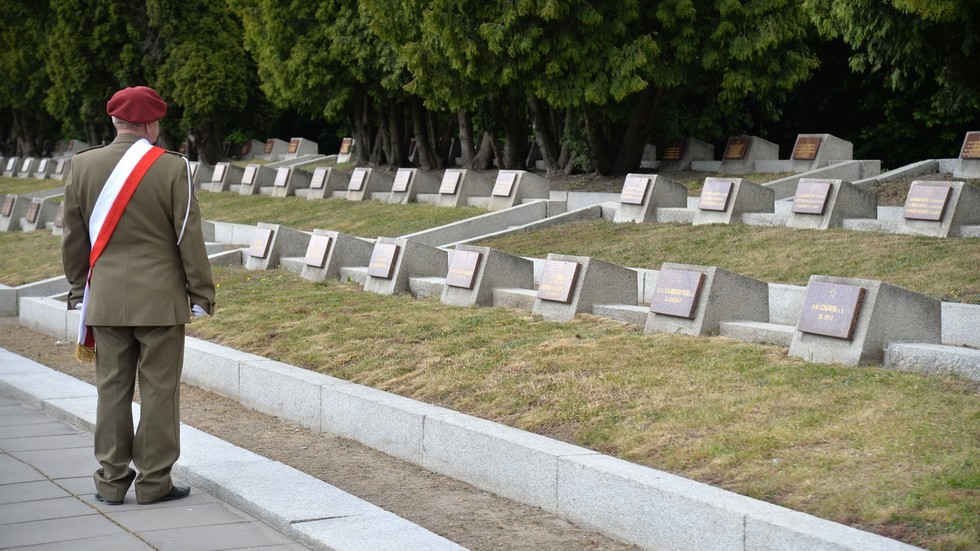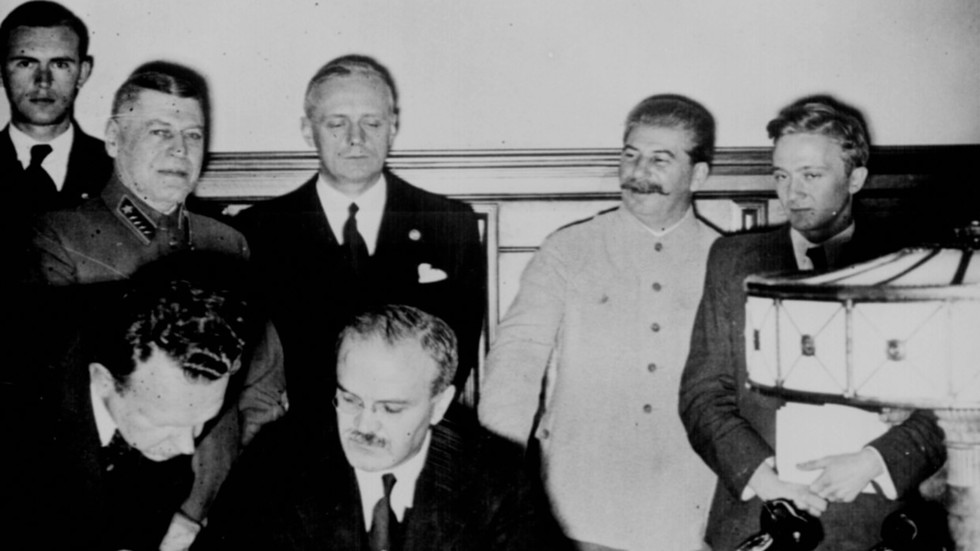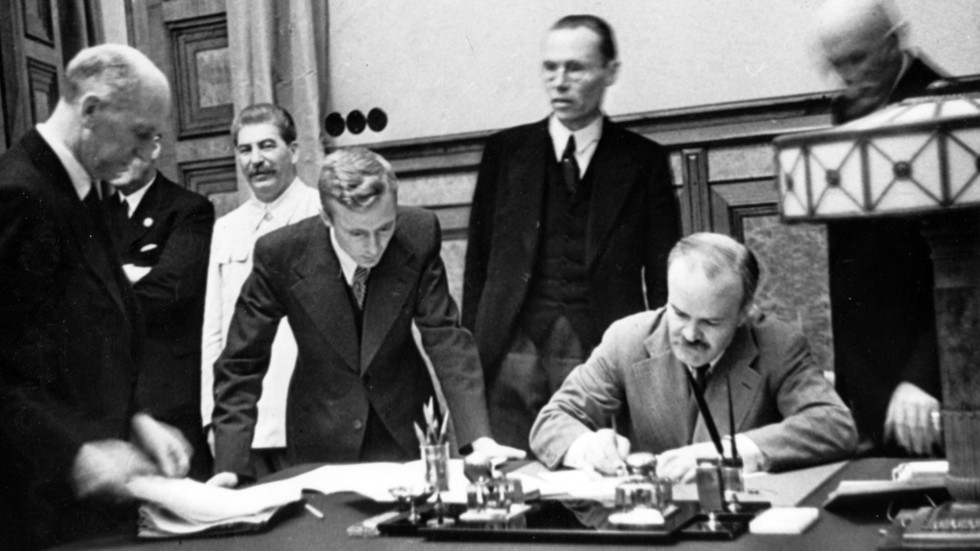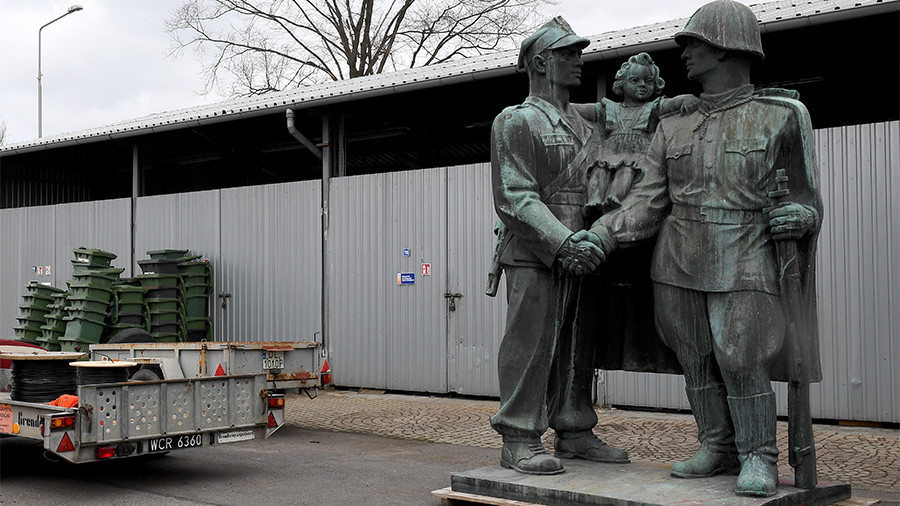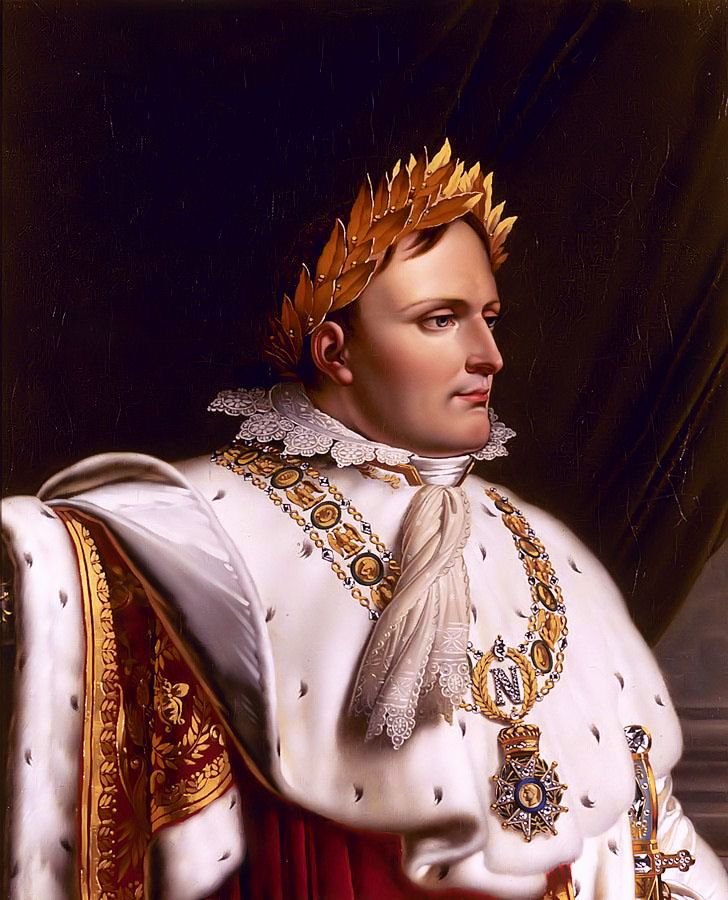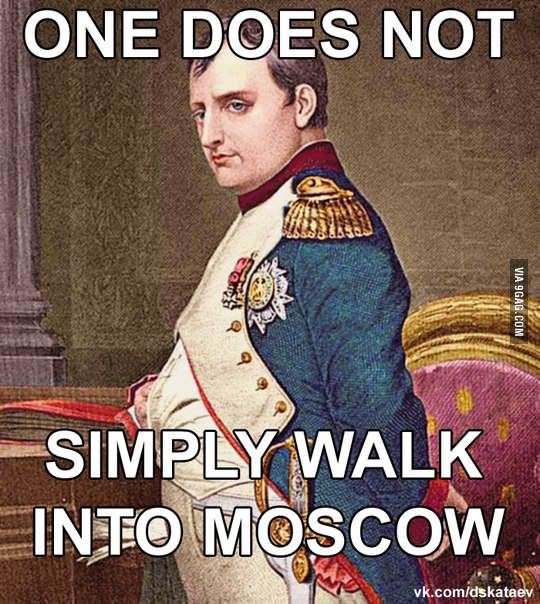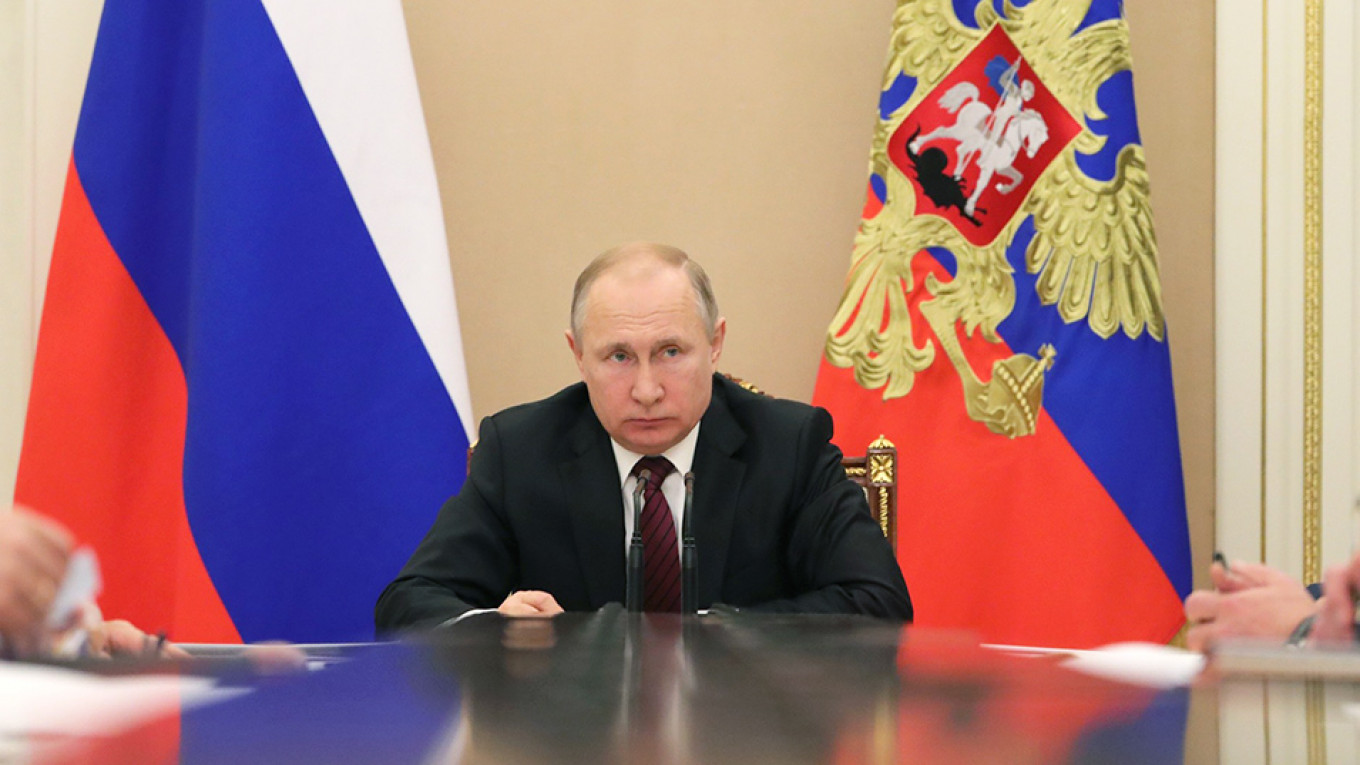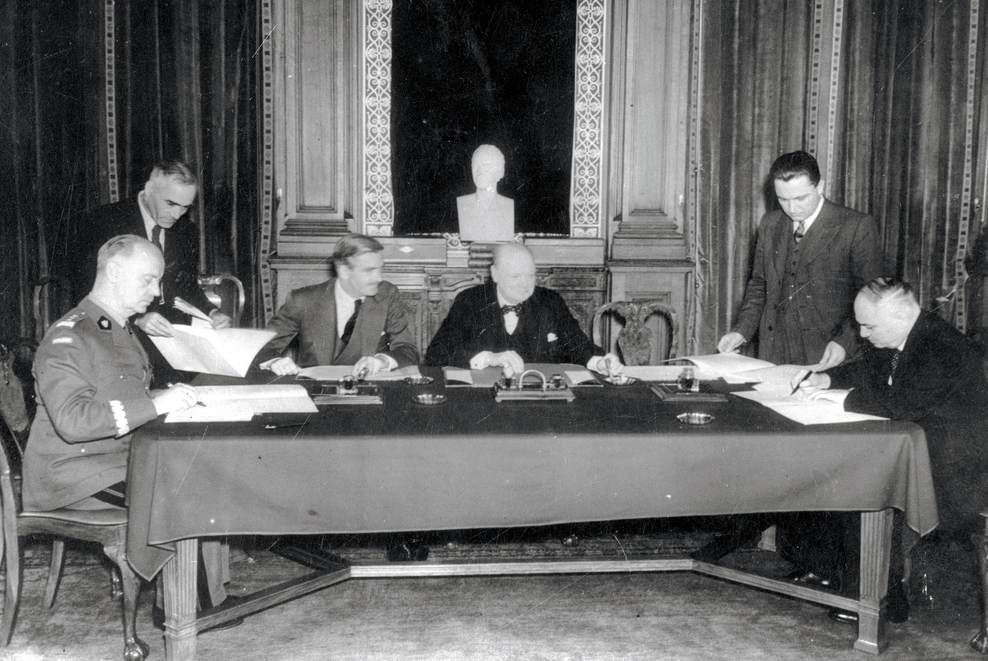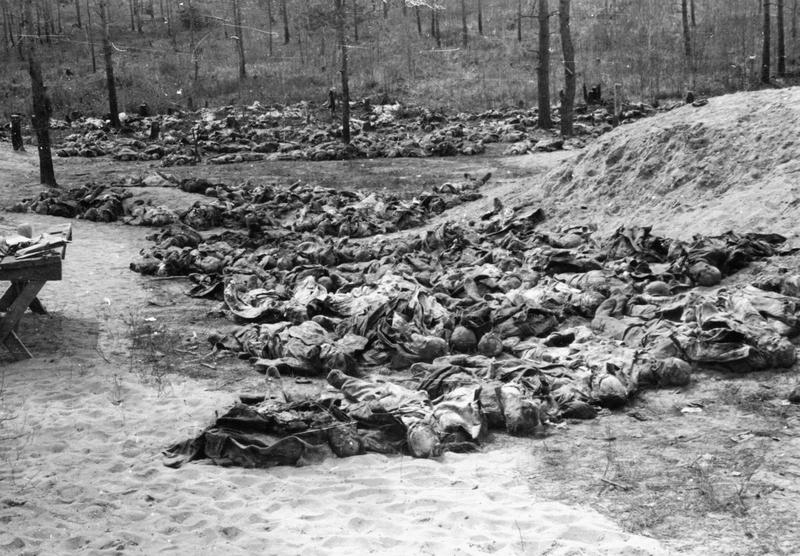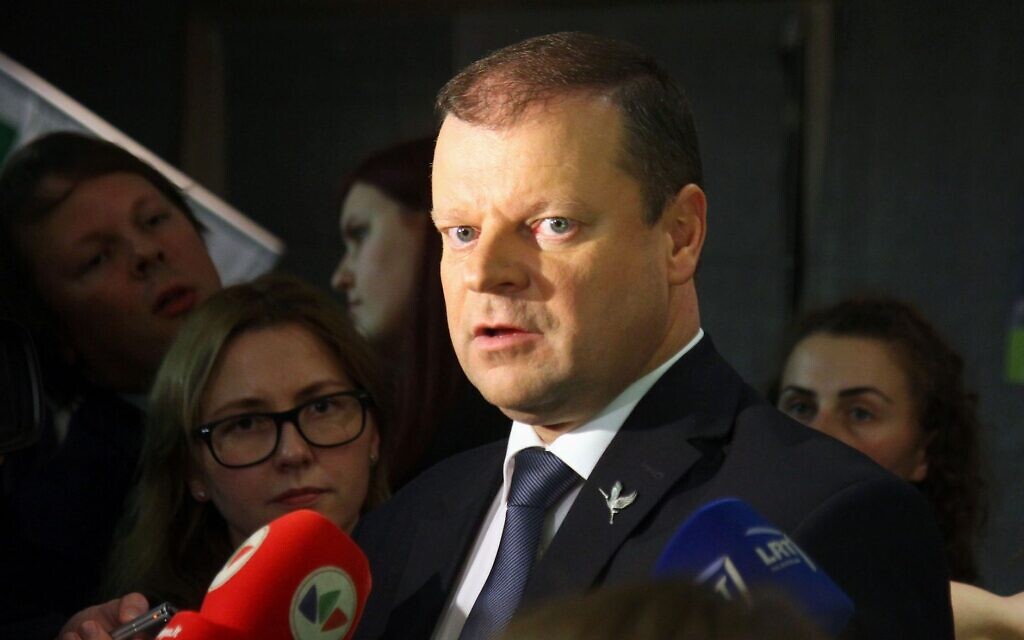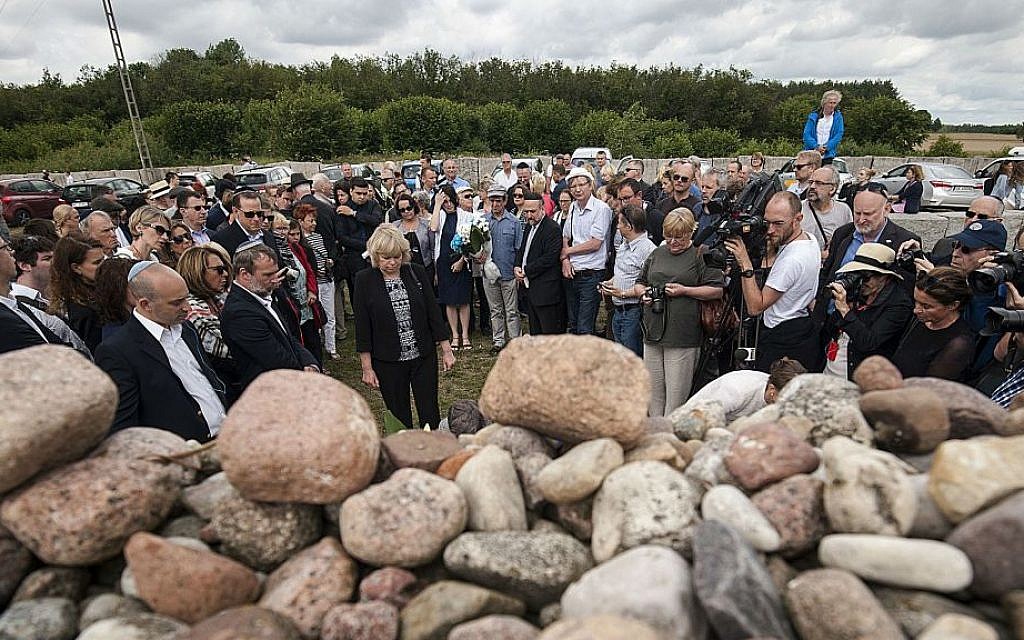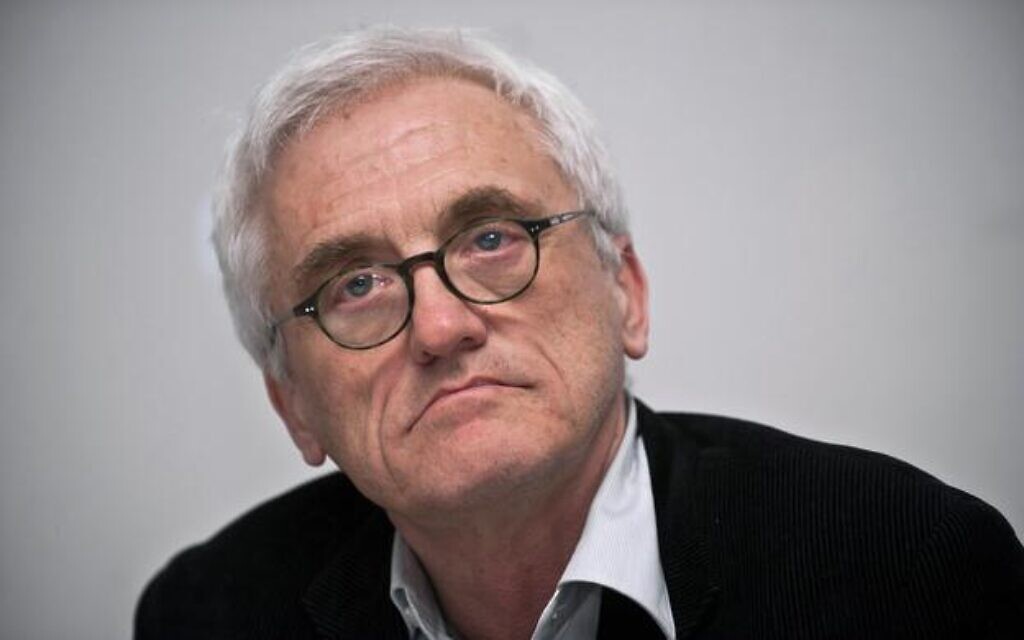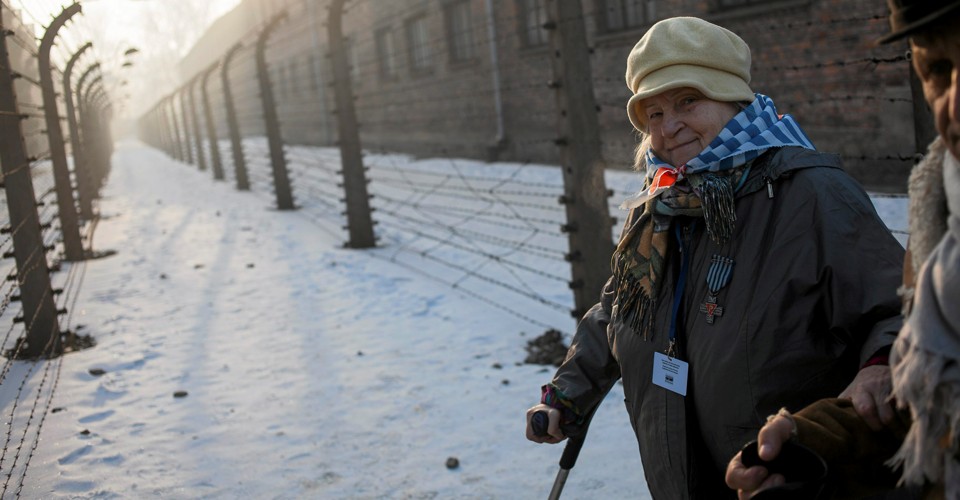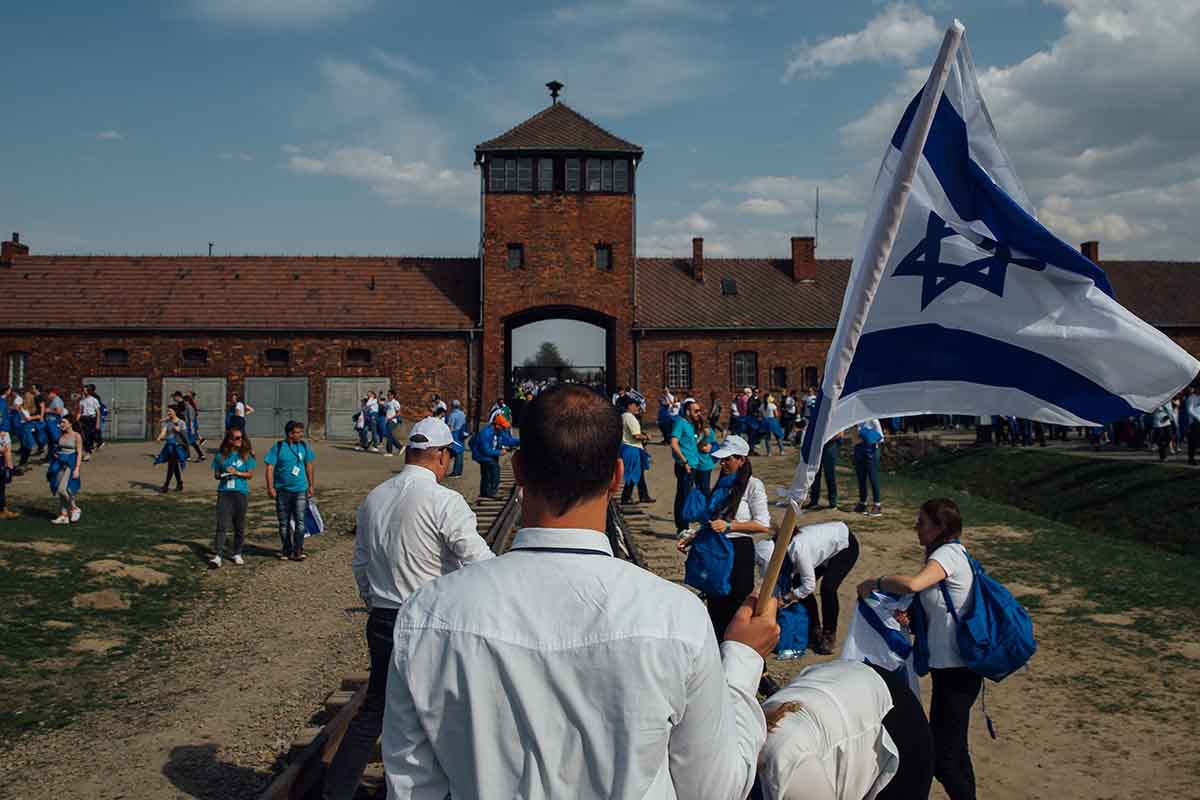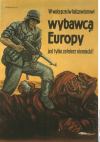The first phase of the Soviet "liberation" of the Polish capital began on September 10, 1944. After seizing the towns near Warsaw on September 13, troops of Zygmunt Berling and their Soviet comrades began the fight in the dense buildings of Prague. The clashes lasted over two days and turned out to be much more fierce than the January battle for ruins on the left bank. Their souvenir are traces of fire preserved to this day, including at the headquarters of
PKPat ul. Fair. Attempts to land on the right bank in the following weeks did not receive sufficient Soviet support and ended in defeat. On the front for almost two and a half months there was peace. The exception was the German shelling of Prague. Her main thoroughfare was particularly dangerous. According to the residents, Targowa became the "avenue of death".
Although the German army was within a sniper's distance, the Soviet authorities almost immediately after the occupation of Prague began to build a terror apparatus that was to prepare the ground for the takeover of
power by the Polish National Liberation Committee. Already in September 1944 in a tenement house at ul. Strzelecka began the work of the NKVD . A prison and torture chamber for underground soldiers were arranged in the basements. There were interrogation rooms and officers' quarters on the floors. In the first weeks after the Soviet "liberation" NKVD also took part of the great building of the Junior High School. Władysław IV and the building Prague turnpike.
At the same time, the city was destroyed on the other side. The demolition of buildings was preceded by organized robbery. By mid-January 1945, about 45,000 were transported from Warsaw to the west. wagons filled with the residents' property and all types of factory machinery and raw materials. The apocalypse was observed by few Poles forced to slave labor by the Germans. "There was a deafening detonation, in our eyes the whole edifice jumped up slightly and disappeared in the clouds of limestone dust. When the cloud of dust settled, a huge pyramid of broken bricks and entire lumps of the wall appeared on the site of the former Ministry of Foreign Affairs at Wierzbowa Street. a gruesome spectacle unfolded several dozen meters from our truck "- recalled one of the Polish witnesses of the destruction of the Brühl Palace on December 18, 1944. Eleven days later the same fate happened to the neighboring Saxon Palace. The last destroyed building was the Public Library of the Capital City Warsaw at ul. Basketball. January 16, 1945
The Germans set fire to the book and magazine magazines of around 0.5 million volumes. Losses for Polish culture would have been even greater were it not for the sacrificial work of dozens of museologists and librarians protecting collections with the consent of the Germans who want to plunder them.
Hundreds of mined objects were not managed to blow up before the Soviet offensive began.
The so-called.
the Warsaw
operation lasted much shorter than the fighting for Prague. It was part of the great offensive launched by the Red Army on January 12, 1945, called the Vistula-Oder operation . The 1st Army of the Polish Armed Forces and 47th and 61st Army of the 1st Belorussian Front took part in the action aimed at displacing the Germans from January 14-17, 1945. Both Soviet armies, 61 operating from the Vorka-Magnuszewski bridgehead and 47 invading from the side of Modlin, struck towards Błonie, flanking the capital from the north and south-west, creating the so-called Warsaw cauldron, which included the 9th German Army. The ruins of the city were to be defended by the "Warsaw" Fortress Division established for this purpose.
To avoid the total destruction of subordinate troops, the commander of the 9th Army, General Smilo Freiherr von Lüttwitz, despite the orders of his superiors, ordered the withdrawal of all forces from the Vistula line to organize a resistance line over Bzura, Rawka and central Pilica. On the morning of January 17, 1st, 3rd and 4th Infantry Division developed an attack from the southeast towards the suburbs of Warsaw. On the same day, 2 DP, after crossing the area near Jabłonna to Kępa Kiełpińska, took offensive action on the northern edges of the capital. The 6th Infantry Division and the 1st Warsaw Independent Cavalry Brigade crossed the Vistula and hit the city from Prague, east and south, respectively.
The fights for the capture of the capital lasted only a few hours , because von Lüttwitz's order was carried out very efficiently. On January 17, 1945, there were only cover forces before the soldiers of the 1st Polish Army. Serious clashes with the enemy occurred sporadically, mainly in the area of Bielański Forest, the demolished Main Railway Station and at the intersection of Aleje Jerozolimskie and Nowy Świat. The place of intense, though short, battle was the Citadel. At around 15 ruins were cleared of the enemy. The danger, however, were hundreds of traps left by the Germans - about 110 LWP soldiers were killed in the fighting, most due to their explosions.
On the other side of the Vistula appeared a special edition of "Życie Warszawy" published for two months . The next day, almost the entire issue of the only newspaper appearing in the city was devoted to "liberating the capital . " It was reported, among others, that "Moscow, the capital of the Soviet Union honored the capture of Warsaw with 24 shots from 320 cannons", and "the commander-in-chief of the Red Army Marshal of the Soviet Union Józef Stalin expressed special thanks to the 1st Polish Army". Only in the text below did the editors publish the radio speech of the Prime Minister broadcast in Lublin, the so-called Provisional Government, Edward Osóbka-Morawski. In addition to calls for the reconstruction of Warsaw and other destroyed cities, the puppet office officer emphasized the merits of his "allies". "There are no words that can express the enormity of happiness that fills our hearts, there are no words that can express full thanks and tribute to our liberator, the heroic Red Army and its genius leader Marshal Stalin. We regain freedom thanks to the fight brotherly nations of us and their magnificent Red Army. The Polish nation will keep in eternal memory and repay them with friendship that only the Polish soul can achieve "- he declared.
On the same day, appeals of other communist authorities - the Warsaw Provincial National Council and the National National Council - appeared on the walls of Prague and the surrounding cities. Residents were called to return to the city, and workers from all over Poland to help the reconstruction with their work. In the propaganda of the new authorities, the slogan of rebuilding the capital by a whole nation was beginning to emerge, with the support of a new "ally." "The Slavic nations of the USSR are already helping us in the reconstruction of Warsaw. Let it be another stimulus for all of us. Let's exercise all our strength and all abilities, let us awake the passion of work" - noted the National Council.
The real picture of the city was outlined in the short report 'Życie Warszawy'. One of the journalists on the first day after the Germans withdrew, crossed the frozen Vistula. He described the destruction along a dozen or so major thoroughfares, buildings that survived, and even the last traces of German presence. "Relatively survived the German district and the execution buildings on Aleja Szucha. Panic found the Gestapo men at breakfast : there are still bitten biscuits, wine bottles are falling" - noted the reporter. In one of the last passages, he added: "Whoever has not been to Warsaw is not able to imagine how the monster was destroyed and left the capital".
On January 19, in Aleje Jerozolimskie, to the sounds of "Warszawianka" paraded designated units of the 1st Army of the Polish Army. Representatives of the communist authorities and the army welcomed the march on the grandstand opposite the Polonia Hotel, including Bolesław Bierut , Władysław Gomułka , Edward Osóbka-Morawski, General Michał Rola-Żymierski, General Stanisław Popławski (then commander of the 1st Army of the Polish Army), Colonel Marian Spychalski and Soviet Marshal Gieorgij Żukow.
The later co-creator of the Elderly Gentlemen's Cabaret Jeremi Przybora was one of the witnesses of that event: the
ghostly "liberation" of the city corpse and the ghostly parade in his cemetery [...], this parade of victorious units marching between two silent lines of specters. They appeared, like a dumb audience, on the stands of fallen debris and ruins along the route of the march of the soldiers of the Warsaw operation. The specters of boys and girls from the Home Army, mixed in with crowds of residents who were together with Warsaw fighters, its face and soul, smile, despair and fear. [...] a parade of liberators who no longer liberated anyone .
The Polish press in exile spoke in a similar tone. "Rapid progress of the Soviet army in Poland. Warsaw in the hands of the Russians. German armies threatened by disaster" - reported the headline of the "Dziennik Polski and Dziennik Ż Soldier" published in London. The first page contains the statement of the Prime Minister Tomasz Arciszewski, distant in style from the speech of Osóbka-Morawski. "After almost five and a half years of Nazi occupation, German invaders were pushed out of the fall of our capital, captured by the Soviet army. No other capital of the United Nations suffered such martyrdom and such destruction as Warsaw, but its spirit was not broken, as the defense in 1939 and the unrivaled battle for Warsaw in 1944. At the end of the 63-day battle, the dying defenders, trying to shake the conscience of the world, cried in their despair: we are fighting for freedom, we are fighting for the right to freedom. Today, as then, these words express this what Poland is demanding from the world "- emphasized the Prime Minister of the Polish government.
As early as January 17, 1945, the Soviet terror apparatus began preparations to take control of the entire Polish capital. Together with soldiers of the Polish People's Army, Soviet troops entered Warsaw, including NKVD units. On January 19, General Ivan Serov wrote to the head of the NKVD Lavrenty Beria: "In order to bring order to Warsaw, we did the following: 1. We organized operational-Chekist groups to filter all residents intending to get to Prague; 2. operational groups are working , composed of employees of the Ministry of Public Security of Poland and our Chekists, aimed at disclosing and detaining the leadership of the Home Army Headquarters, NSZ and underground political parties. "
After the capture of the capital, it began to mine and build a pontoon bridge over the Vistula. Despite extremely difficult living conditions at the end of January 1945, Warsaw residents began to return to their city. It is estimated that on January 17, 1945, 140,000 people lived in the right-bank part - occupied by the forces of the 1st Belorussian Front and the First Army of the Polish Army on September 15, 1944. people, while over 20 thousand was in distant left-bank suburbs.
By the end of January 1945, despite the lack of housing, food, fuel, lighting and communication, the city's population increased by 12,000. The atmosphere of those days was remembered by soldiers of the Home Army, prisoner Pawiak, writer Maria Ginter who stood in solidarity to fight for his freedom and who raise them against all logic. The Germans decided that Warsaw would not be there. The residents of Warsaw denied this.
"Their effort meant that the communist authorities," encouraged "also by Moscow, decided that Warsaw would be rebuilt and remain the capital.
The total losses of the capital's population suffered during World War II are estimated at 600-800 thousand, including about 350 thousand. Jews and approx. 170 thousand killed or murdered in the Warsaw Uprising. According to uncertain estimates of the Office for the Reconstruction of the Capital, urban losses amounted to about 84 percent. (industrial buildings - 90%, residential - 72% and historic - 90%).
 Indeed, there is one primary country that won't be happy with those changes at all, aka. Israel. I also think that Putin is planning ahead, basically reducing the risk of russia being co-opted again and go down the drains after he will be gone in the future.
Indeed, there is one primary country that won't be happy with those changes at all, aka. Israel. I also think that Putin is planning ahead, basically reducing the risk of russia being co-opted again and go down the drains after he will be gone in the future.
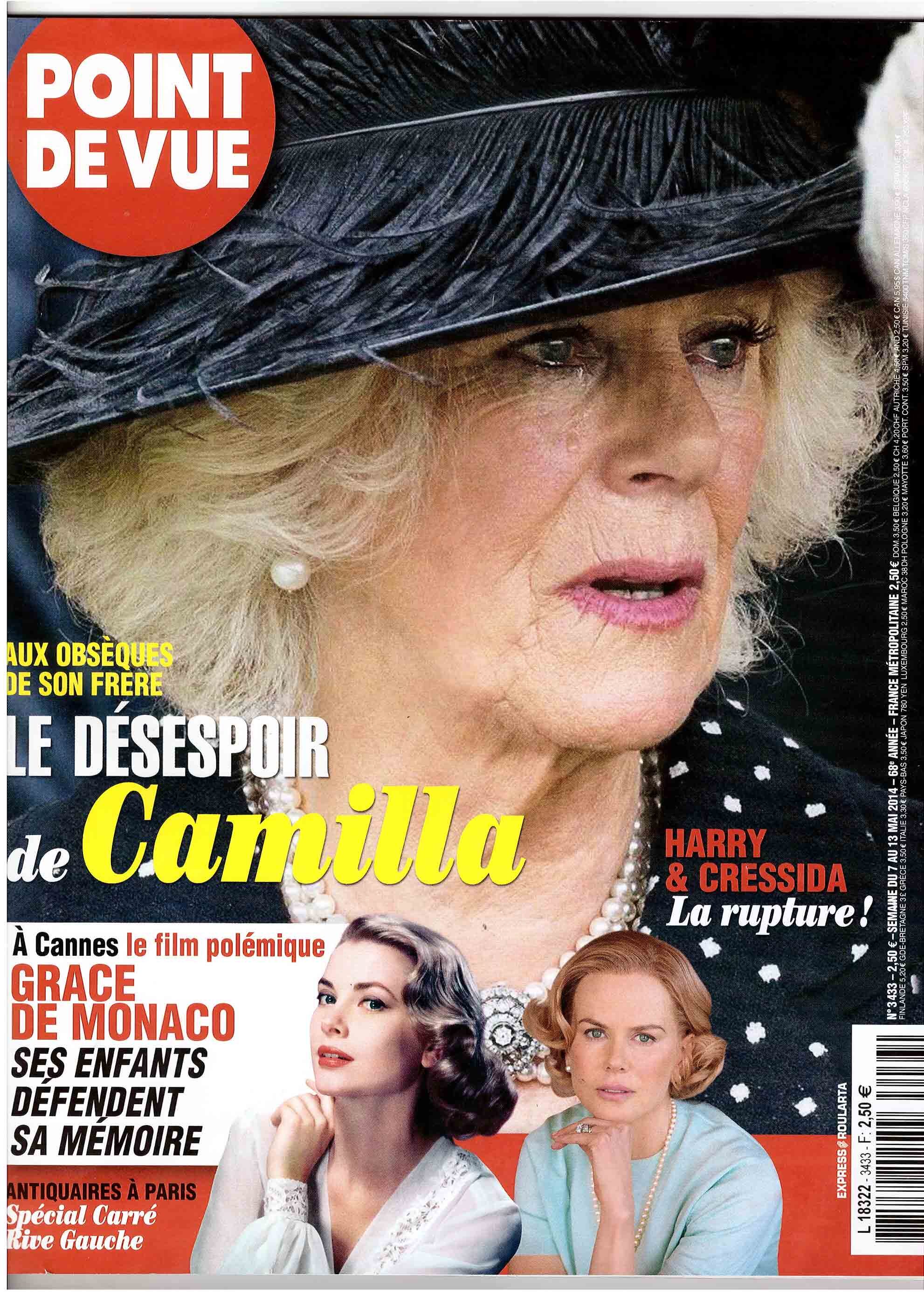
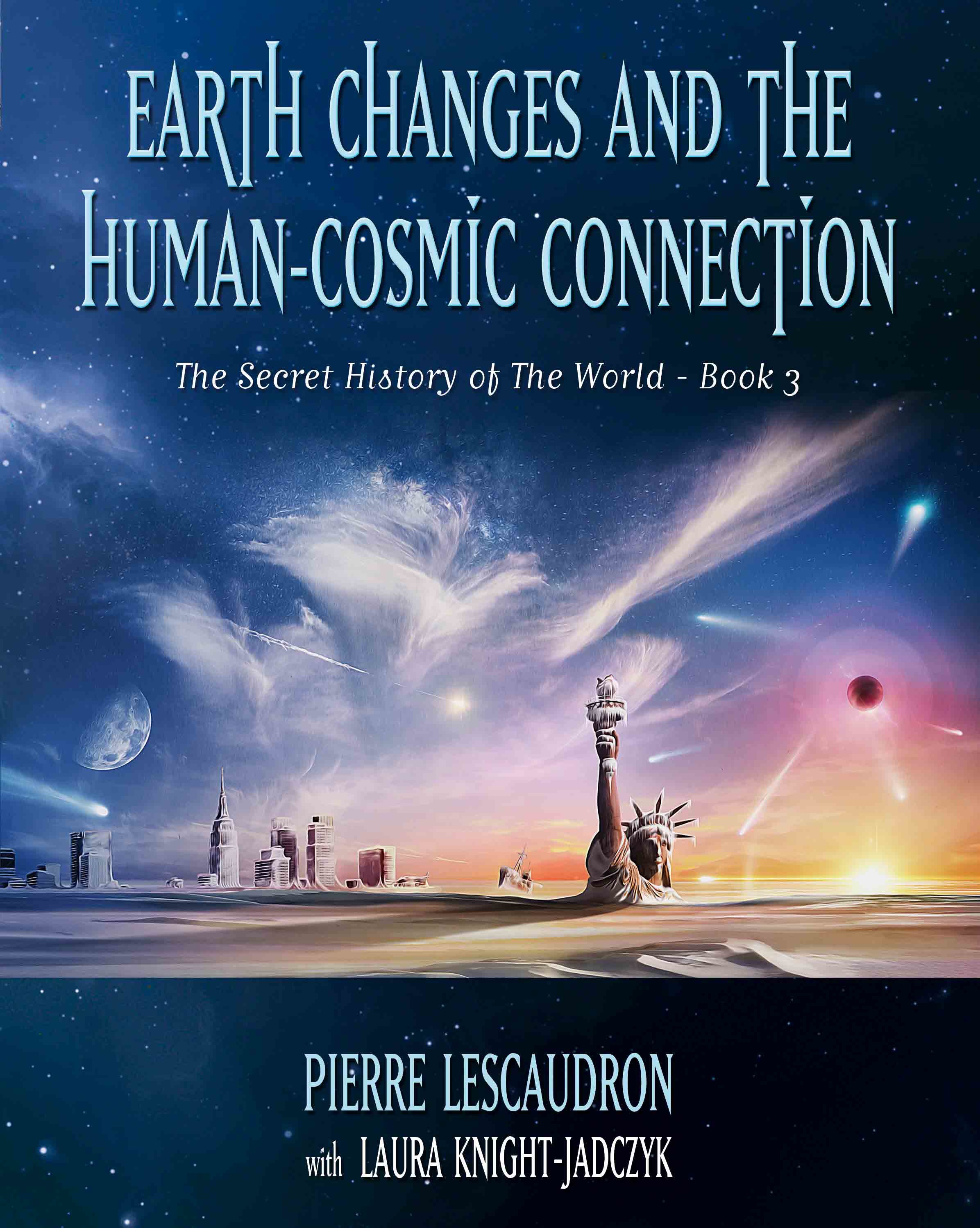
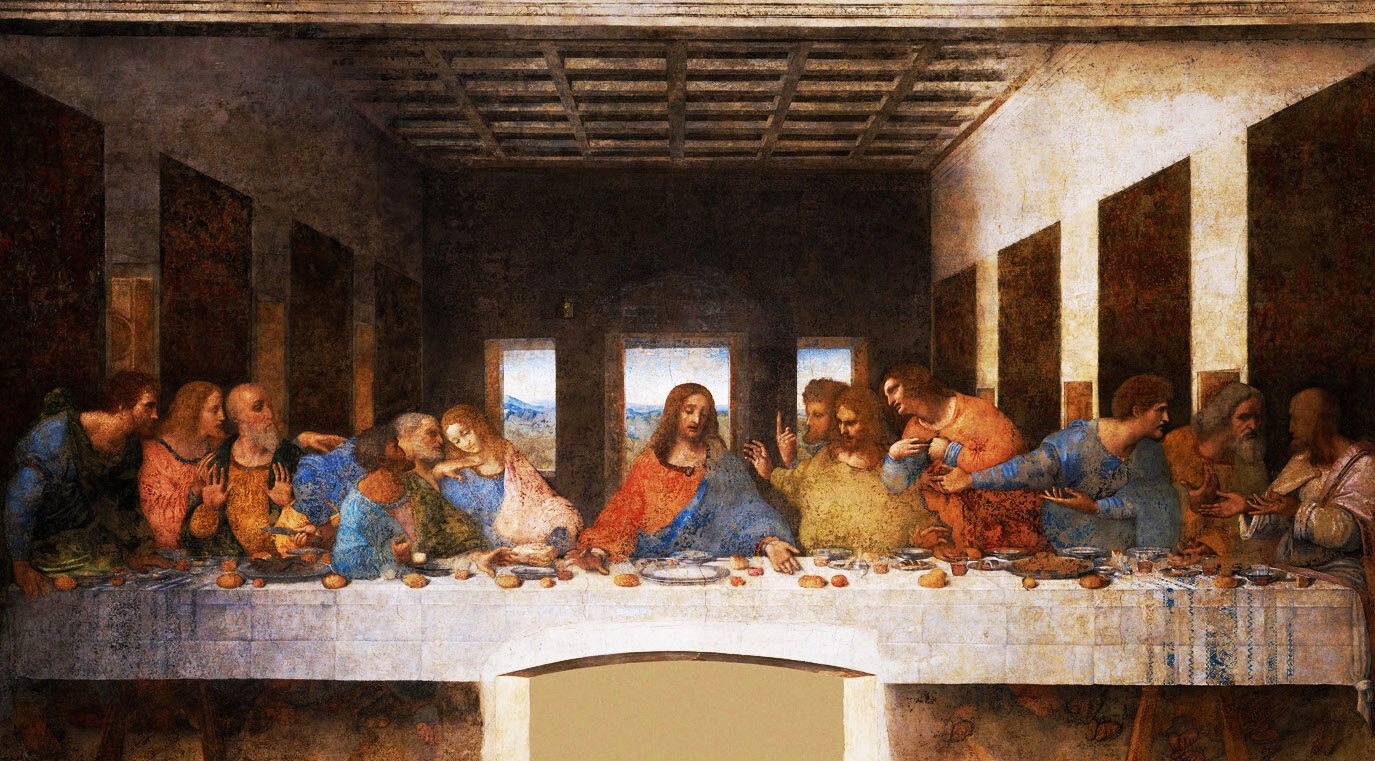
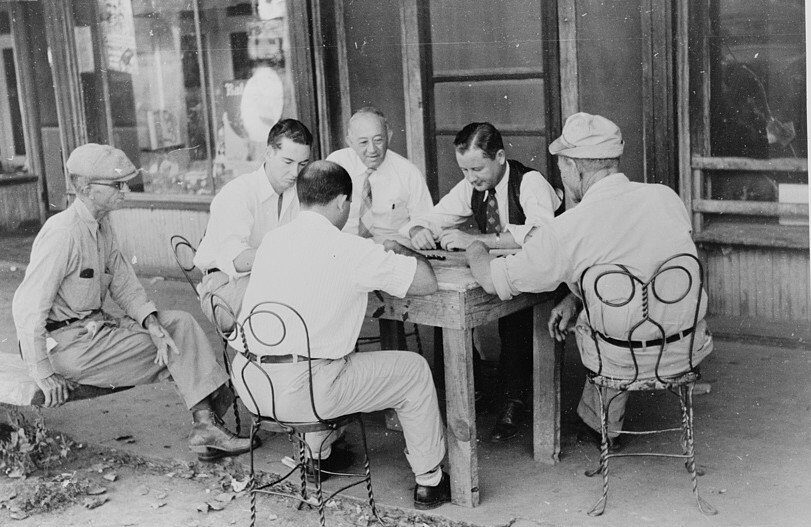
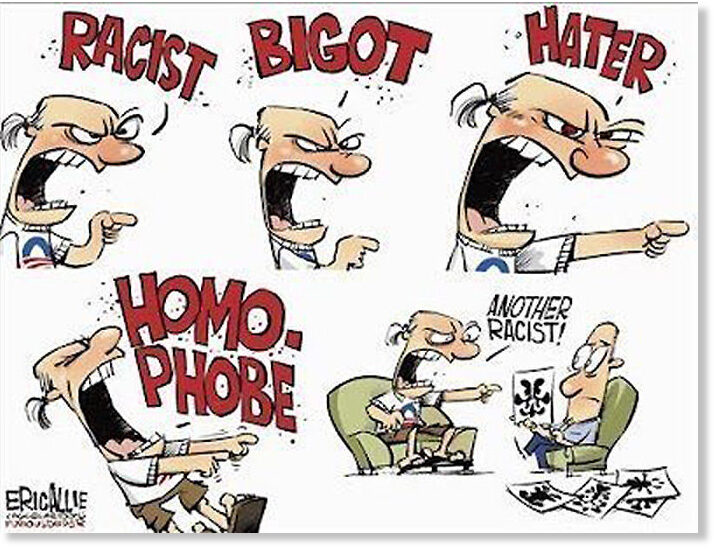
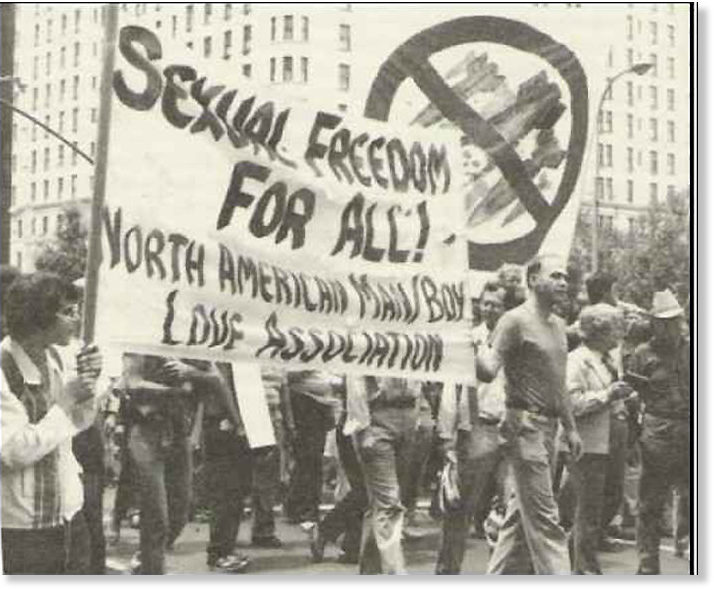
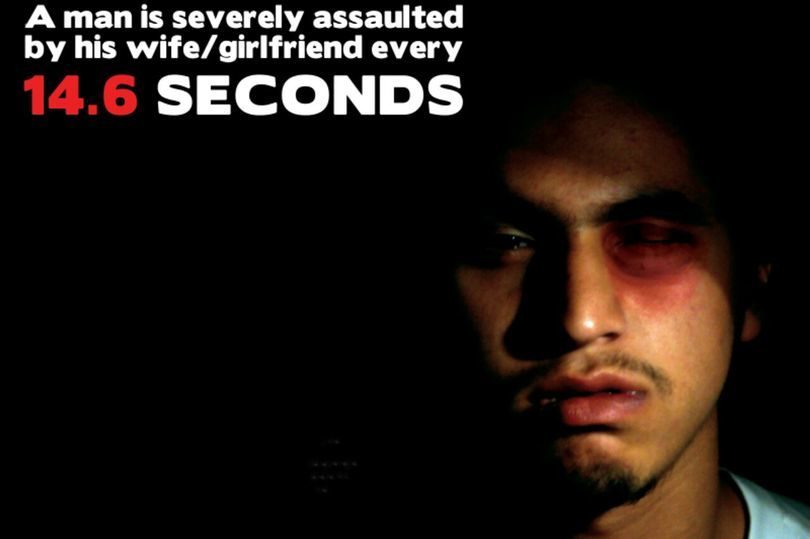
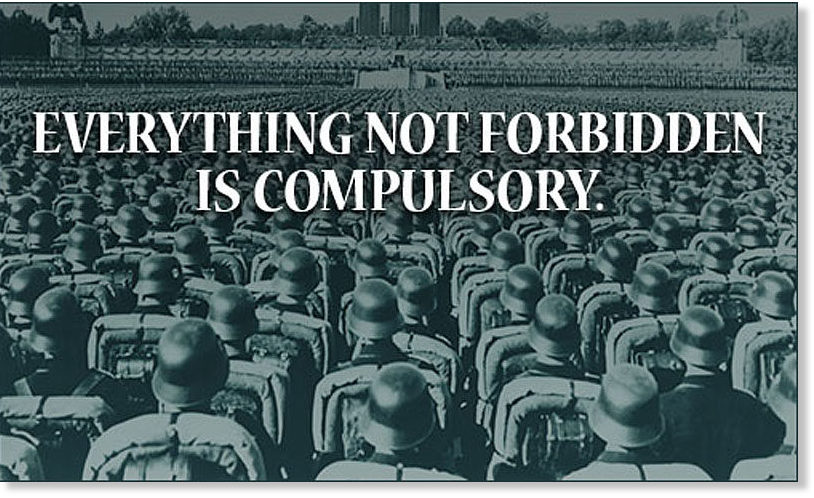
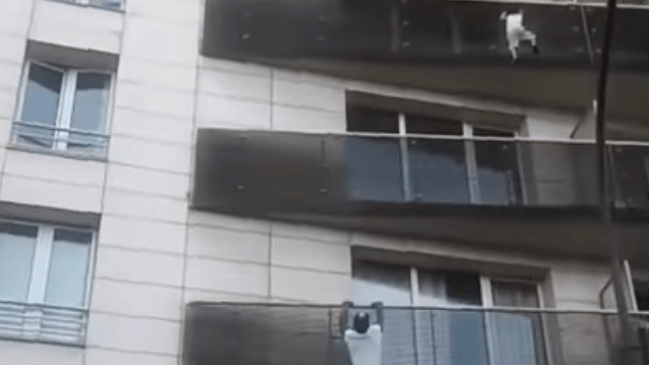
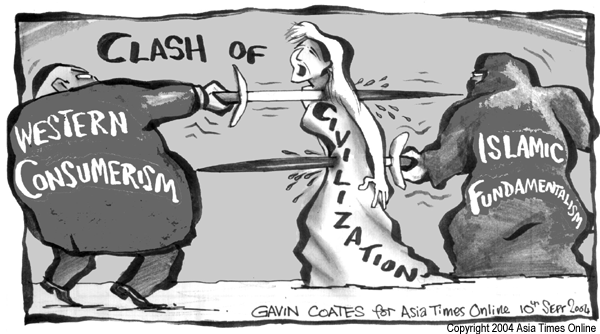



 If he will ever run again is in the air, but my hunch is that he will not. Interesting times ahead!
If he will ever run again is in the air, but my hunch is that he will not. Interesting times ahead!